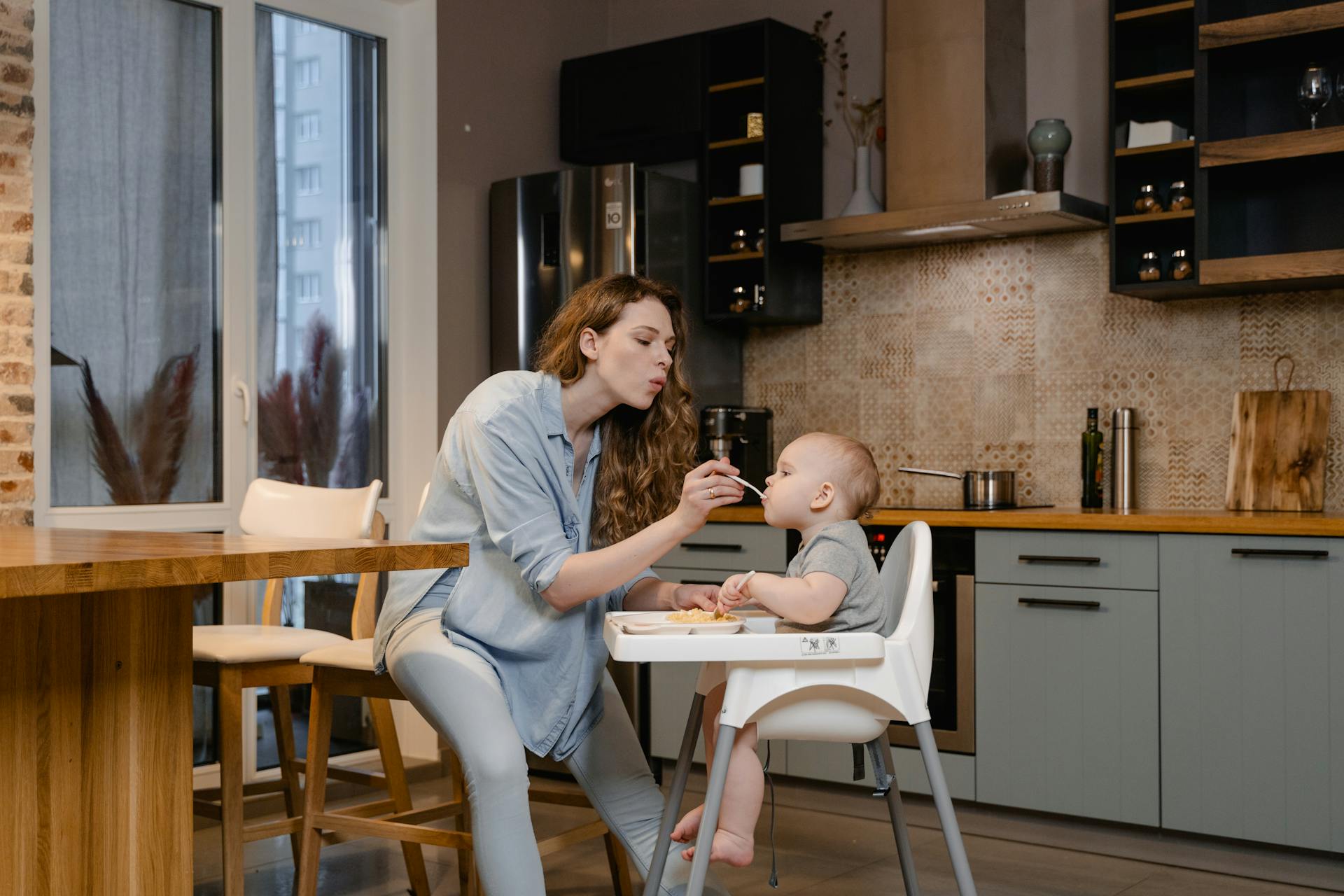Parenting is a beautiful journey filled with joy, learning, and growth—but it’s also one of the most challenging roles you’ll ever have. As every child is different, there’s no “one-size-fits-all” method to raise them. However, by understanding the principles of effective parenting, you can foster a loving, respectful, and healthy relationship with your child that helps them thrive in life.
Whether you’re a new parent or simply looking to improve your skills, this guide offers practical, real-world steps to becoming a more effective parent.
1. Understand Your Child’s Developmental Stage
Effective parenting starts with understanding where your child is developmentally. A toddler’s tantrum, for example, isn’t just bad behavior—it’s often their way of expressing frustration due to limited language skills. Similarly, teenagers seeking independence isn’t rebellion; it’s part of their natural development.
Why this matters: When you understand what’s normal for your child’s age, you can respond with empathy rather than frustration.
📚 Pro Tip: Learn about child development through trusted sources like the CDC’s Developmental Milestones or consult your pediatrician.
2. Create a Safe, Loving Environment
Your home should be a place where your child feels safe, heard, and loved. Emotional safety is just as important as physical safety. This means being available, showing affection, and ensuring your child feels valued.
What you can do:
- Spend quality time together daily, even just 10–15 minutes.
- Express love regularly—through hugs, kind words, and undivided attention.
- Establish routines to provide consistency and a sense of security.
🏡 A warm and structured home environment lays the foundation for trust, respect, and emotional well-being.
3. Practice Positive Discipline
Discipline is not about punishment; it’s about teaching. Positive discipline helps your child learn appropriate behavior through guidance, not fear.
Strategies for effective discipline:
- Set clear expectations: Be consistent about rules and consequences.
- Use natural consequences: Let children learn through experience when appropriate.
- Redirect behavior: Instead of just saying “No,” offer an alternative.
- Stay calm: Model emotional regulation, even when you’re frustrated.
💡 Example: Instead of yelling, try saying: “I see you’re upset. Let’s take a breath together and talk about what happened.”
For more on this approach, visit Positive Discipline.
4. Be an Active Listener
Effective parenting involves listening more than talking. When your child comes to you with a problem, resist the urge to immediately correct or fix. Instead, listen attentively and validate their feelings.
How to practice active listening:
- Maintain eye contact and put down distractions.
- Reflect back what you hear: “It sounds like you felt really left out today.”
- Ask open-ended questions: “How did that make you feel?”
👂 Children who feel heard are more likely to open up, cooperate, and feel emotionally connected to their parents.
5. Model the Behavior You Want to See
Kids are always watching. They absorb not just your words but your actions, reactions, and tone. If you want your child to be kind, respectful, and honest—you must model those traits yourself.
Examples of modeling:
- Show empathy in tough situations.
- Admit mistakes and apologize sincerely.
- Handle stress constructively.
Remember: You are your child’s first and most influential teacher.
6. Encourage Independence and Responsibility
Fostering independence is a key part of effective parenting. Let your child make age-appropriate decisions and take responsibility for their actions.
Age-appropriate ways to build independence:
- Let toddlers pick their own clothes.
- Assign small household chores.
- Encourage older kids to manage their homework or schedules.
🎯 Goal: Help your child build confidence, decision-making skills, and a sense of accountability.
7. Stay Consistent with Routines and Expectations
Children thrive on predictability. Having clear rules and regular routines helps reduce anxiety and builds discipline.
Tips for consistency:
- Keep a consistent bedtime, mealtime, and screen time schedule.
- Reinforce rules calmly and predictably.
- Avoid giving in to whining or tantrums—stick to the boundary you’ve set.
⏱️ Bonus: Consistent routines also make transitions (like bedtime or leaving the park) easier.
8. Support Emotional Intelligence
Helping your child recognize, understand, and manage their emotions is a cornerstone of effective parenting. Children with strong emotional intelligence tend to do better in school, relationships, and life.
Ways to teach emotional intelligence:
- Name emotions: “You seem frustrated.”
- Teach calming strategies: Deep breathing, counting to 10, or taking a break.
- Encourage empathy: “How do you think your friend felt when that happened?”
📖 Consider using books or emotional learning games to build these skills, especially with younger children.
9. Limit Screen Time and Encourage Play
While screens are part of modern life, too much screen time can negatively impact sleep, behavior, and academic performance.
What research says:
- The American Academy of Pediatrics recommends no more than 1 hour of screen time per day for children aged 2–5.
- For older kids, balance screen time with physical activity, sleep, and offline interactions.
Encourage more play instead:
- Outdoor time
- Board games
- Creative activities like drawing, music, or storytelling
🎮 A balanced approach to screens promotes healthier development.
10. Take Care of Yourself
Parenting can be exhausting, especially if you’re constantly pouring from an empty cup. Self-care isn’t selfish—it’s necessary.
Simple self-care tips:
- Sleep when you can.
- Ask for help or delegate tasks.
- Stay connected to friends and loved ones.
- Seek therapy or parenting support groups if needed.
🧘 The more emotionally and physically healthy you are, the better parent you can be.
Final Thoughts: No One Is Perfect
Effective parenting isn’t about being perfect. It’s about showing up, learning as you go, and building a strong, loving connection with your child. Mistakes are part of the process—what matters is how you respond and grow from them.
By incorporating these steps into your parenting journey, you’re already taking meaningful strides toward raising happy, resilient, and emotionally healthy children.
Additional Resources
To deepen your parenting skills, explore these trusted sites:
- Zero to Three – Early childhood development resources
- American Academy of Pediatrics – Health and parenting advice
- Child Mind Institute – Mental health support for children and families
















